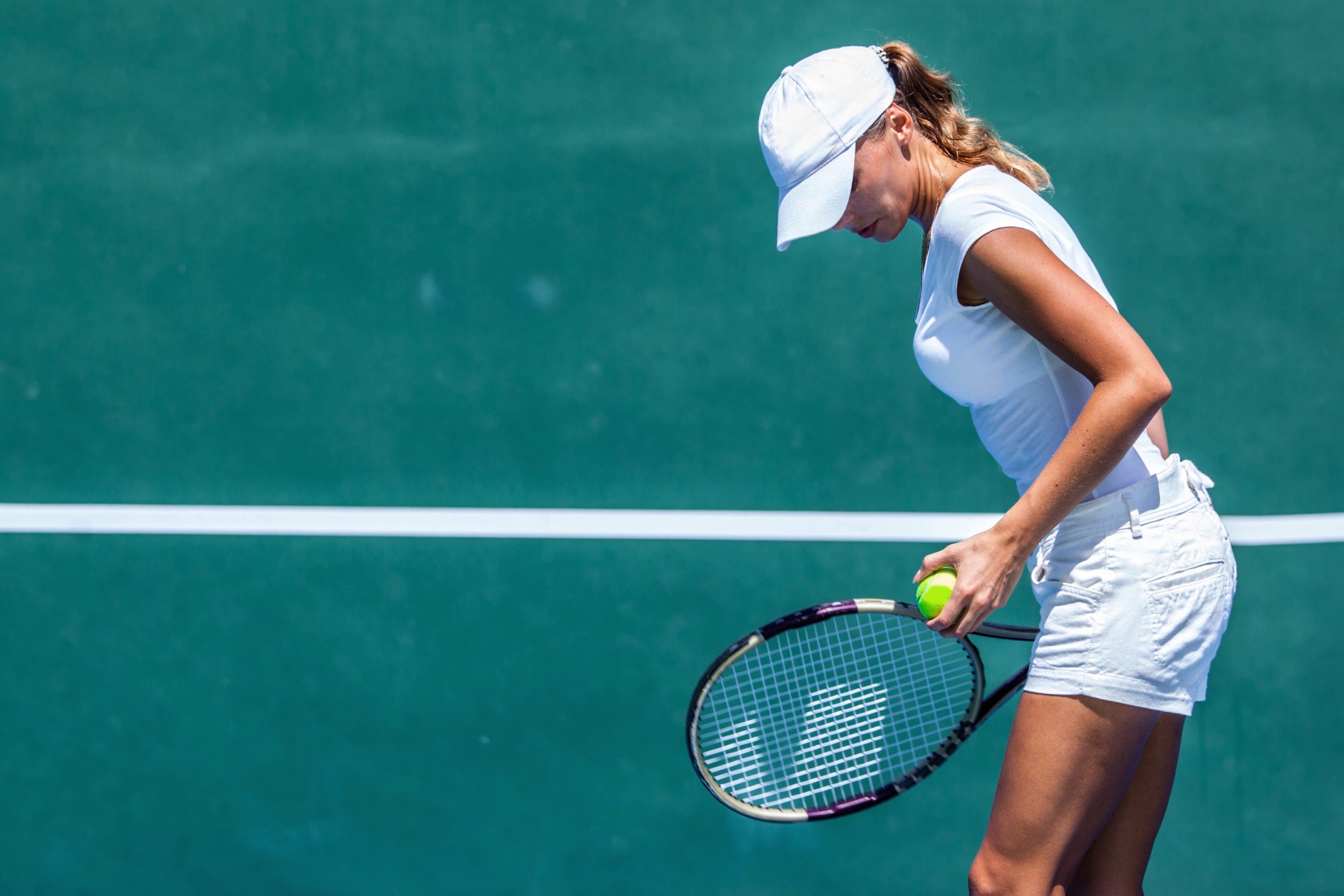How Many Hours A Day Should I Practice Tennis?
Tennis is a sport that requires plenty of practice to perfect your skills and reach your full potential. But how many hours a day should you realistically commit to practice? On one hand, if you’re too lax in your practice regimen, it could compromise your game, but conversely, too much practice could lead to injury and burnout. In this blog post, I'll delve into the optimal number of hours you should dedicate to your tennis practice each day.
As a recreational player, you should aim to practice for about an hour, three to four days a week.
Your Level Of Experience
The first factor to consider when determining how many hours a day you should practice tennis is your level of experience. If you are a beginner just starting to play tennis you should aim to practice for about an hour, three to four days a week. This will help you get a feel for the court and the basic techniques involved in the game. As you progress to an intermediate or advanced level, you can gradually increase your practice time up to 2-3 hours per session. This will help strengthen your skills in hitting various shots, conditioning, and footwork.
Physical Fitness
Tennis can be a physically demanding sport that requires a high level of fitness. The amount of time you spend practising tennis should be based on your physical abilities and fitness level. If you’re just starting out, it’s important to gradually build up your endurance and fitness level to avoid injuries. As you progress, increase your practice time to build endurance, agility, and strength.
Combine Strength Training With Tennis
As you advance in skill level, the time spent on tennis practice should include more focus on exercise and strength training, specific to tennis. Professional tennis players not only hone their tennis skills but stay fit through a regular exercise regimen. Therefore, it’s wise to include strength training sessions of about an hour a day at least twice a week.
Short And Consistent Sessions
It's better to practice for a shorter period but frequently, for example, two hours every day evenly distributed over the week is more productive than a single ten-hour practice session. Shorter sessions help to maintain focus and energy levels, and consistency helps to develop muscle memory and improves overall performance.
Efficiency Over Quantity
It's not about the number of hours you spend practicing tennis, but how efficiently you use those hours. If you practice the right techniques, drills, and exercises, you can accomplish more in a shorter time. Focus on improving weaknesses and building on your strengths.
Competitive Goals
Different players have various competitive objectives, such as to get better for their local club, or school team, or to pursue a professional career. Players with more ambitious goals may need to train for longer hours than others but should avoid overdoing it and getting injured.
Personalise Your Practice
Various factors, such as age, lifestyle, and goals, may influence the optimal number of hours that you need to practice. When developing a training schedule, try to tailor the program to cater for what you want to achieve. Consider creating sessions to suit your lifestyle based on how much time you have during the day.
It’s important to find a balance between your tennis practice and your other responsibilities. If you find that you’re struggling to commit enough time to your tennis practice, try to schedule your practice times around your other commitments or find ways to integrate your tennis practice into your daily routine. Personalising the practice helps to keep you motivated, making it easier to remain committed to your goals.
Don't Rush Progress
While it’s crucial to practice regularly, it’s also essential to give your body the necessary rest it requires to make progress. Avoid rushing progress by persistent practice that could result in sustaining an injury or burnout. Your body needs to recover through rest for proper growth, and it's essential to learn how to relax not only physically but mentally as well. Incorporate rest days and mentally engaging activities into a practice routine to rejuvenate your mind and body.
Tennis requires a combination of physical and mental preparation to be successful. The number of hours you should spend practising depends on your individual goals, fitness level, age, lifestyle, and other commitments. While it's important to practice regularly for optimal results, don't forget to give yourself the rest needed for proper growth. Keep in mind that efficiency is key; focus on improving weaknesses and building upon strengths rather than simply putting in more time. With these tips in hand, you’ll be able to create an effective training schedule tailored specifically to your needs as a tennis player!

